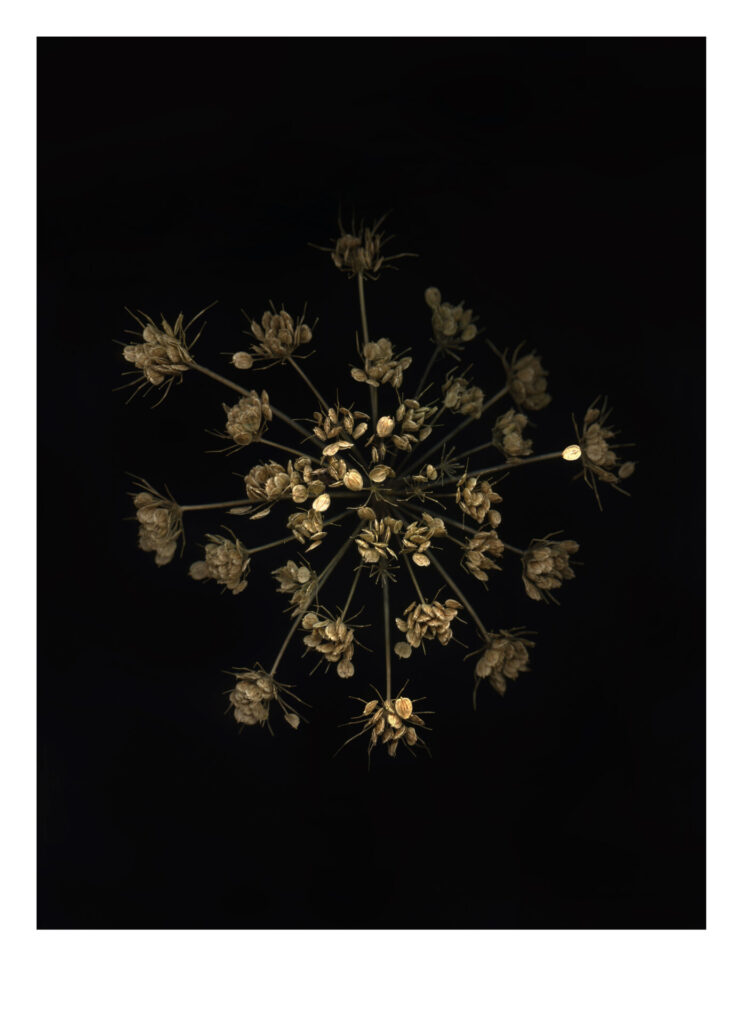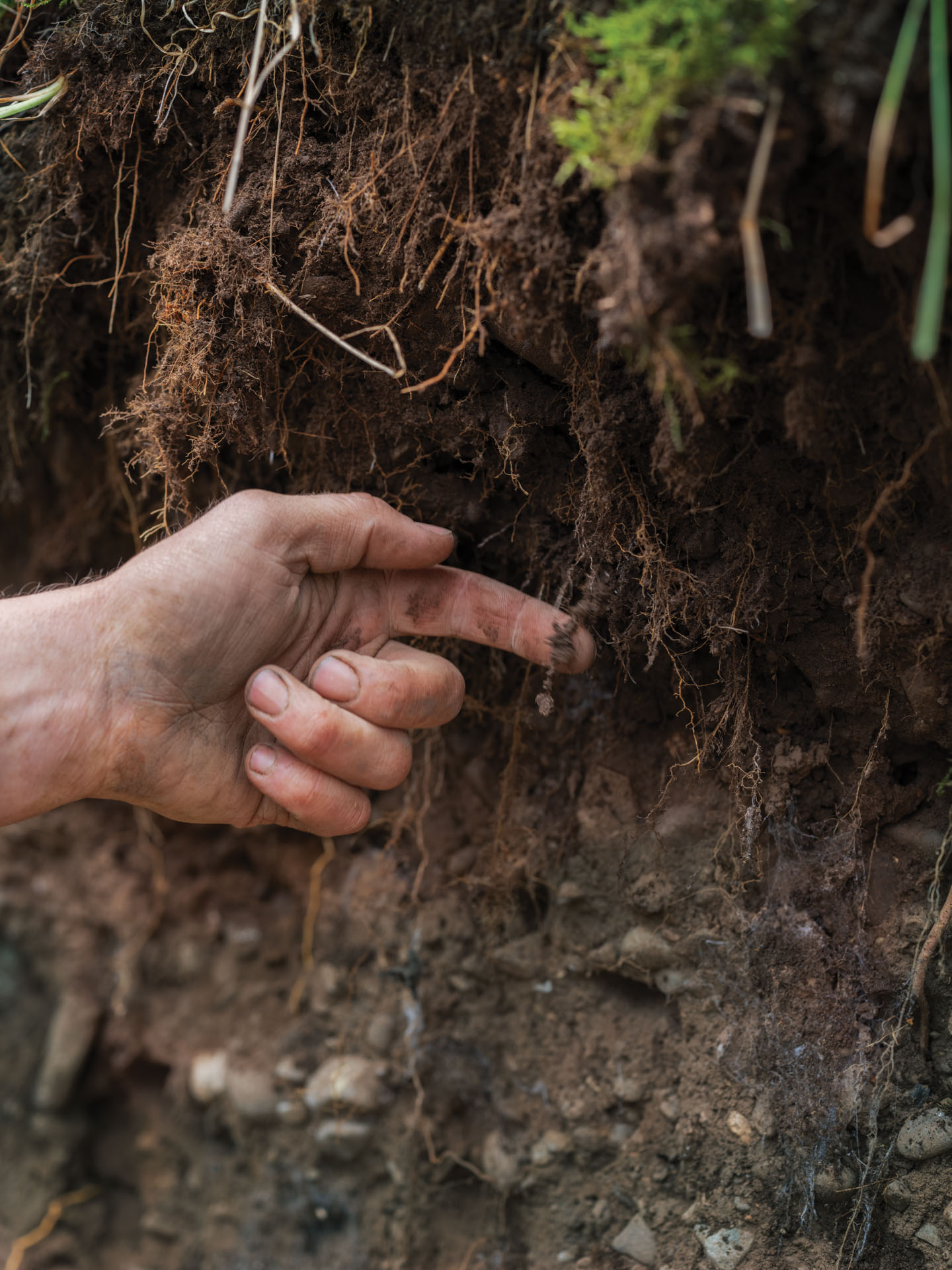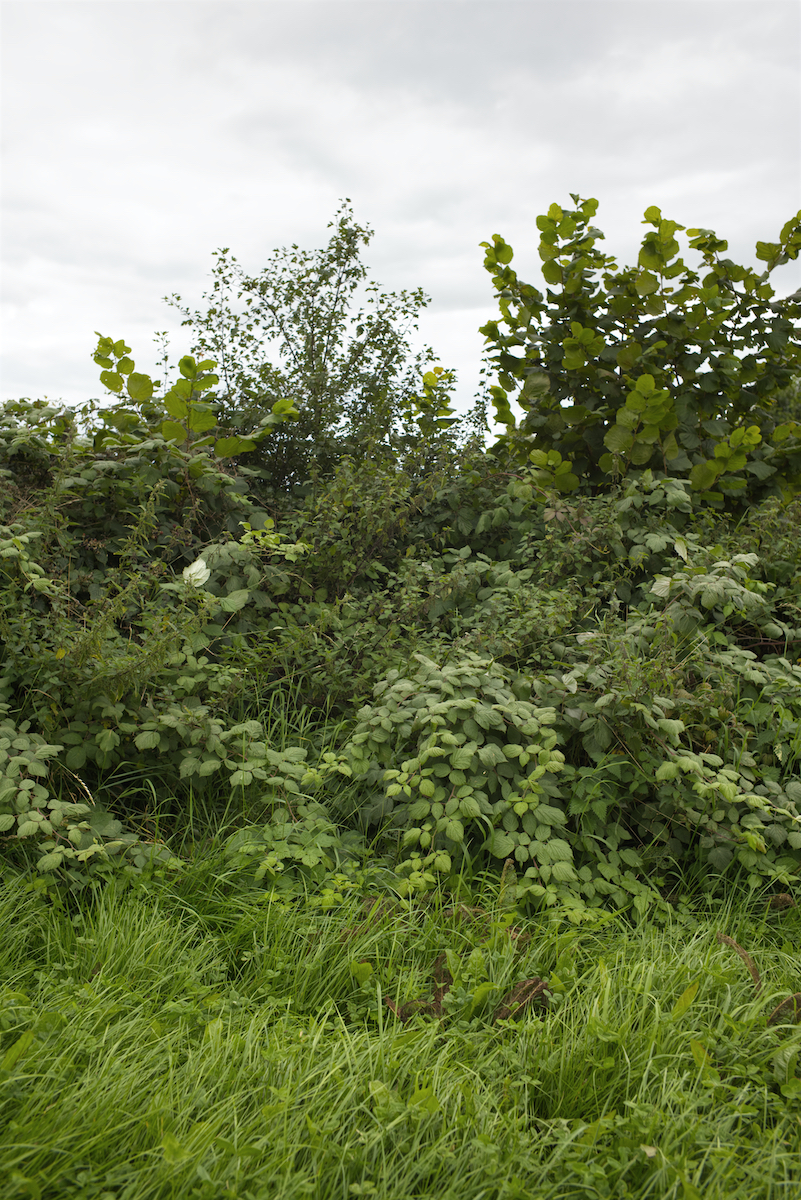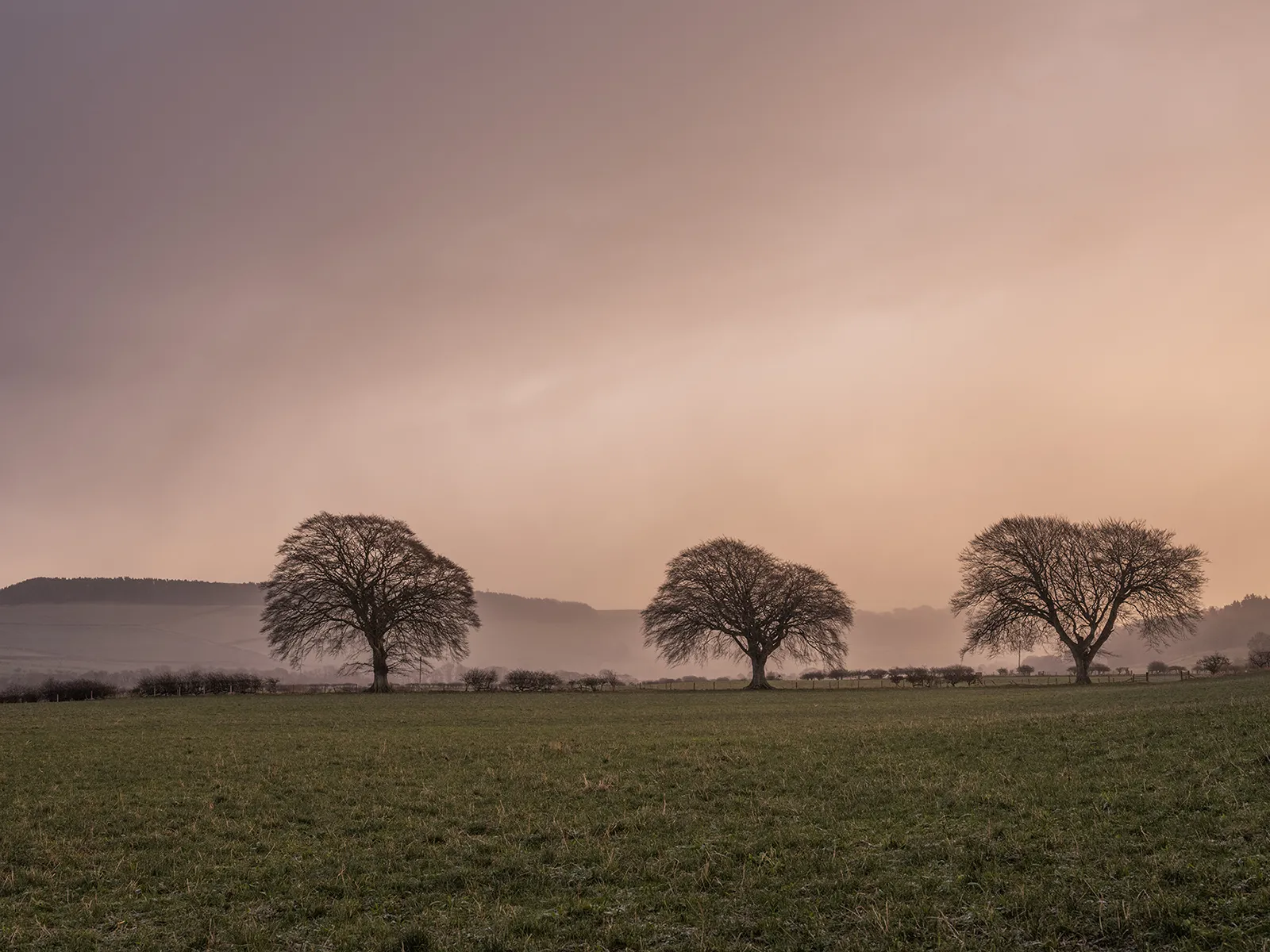Fertilisers, herbicides, fungicides, and pesticides are some of the largest inputs for small farmers. But these chemicals are hindering their financial and environmental resilience at a time when the strength of our food system is more important than ever.
“What I’ve come to realise is conventional farming is degrading, it’s short-term, it’s finite. It can’t go on forever the way people are farming currently.”
– Stuart Johnson
Shepherded by governments, financial institutions, and the education system, farmers are often unaware of the productivity, positivity, and profitability of alternative farming methods.
In the North of England, three farms are sharing their motivations, stories, and pointers in the hopes of inspiring a shift towards regenerative farming.
In conversation with collaborators from our Cumbria and Northumberland We Feed The UK stories, we explored the bounties of benefits that can come from working with nature to produce our food.
“Regenerative farming has that longevity. It’s infinite, it can keep going forever. The more people we can shift on to this, it’s better for everyone if we can make it work.”
– Stuart Johnson
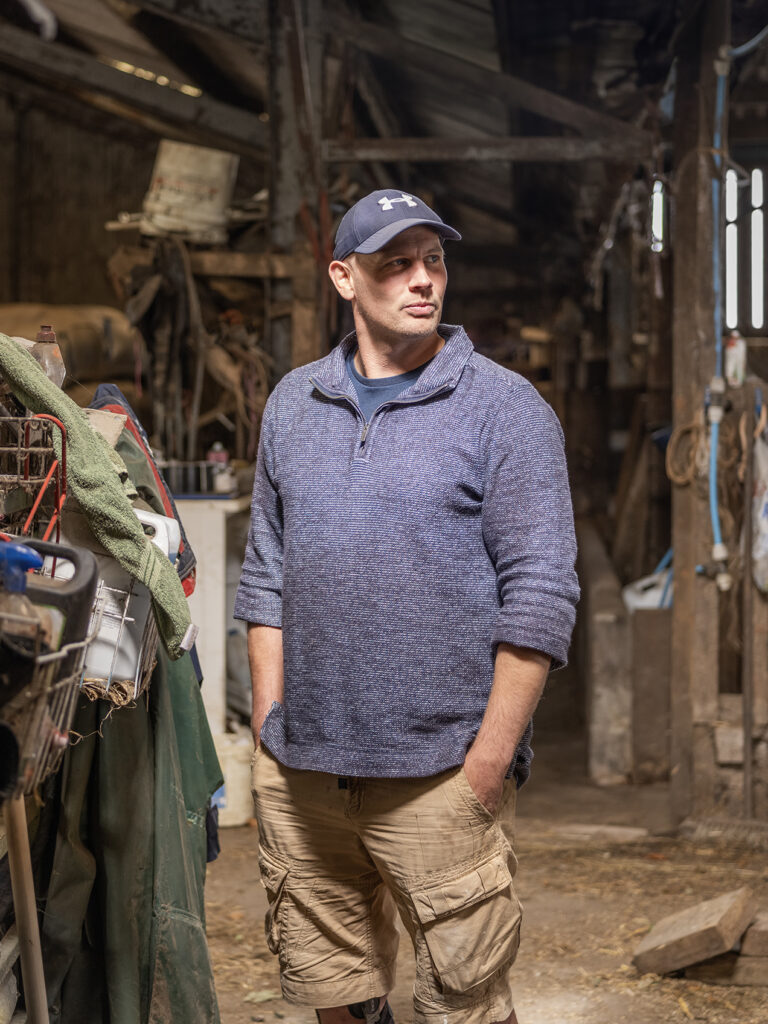
“We used to farm how most farmers do, having been directed by the government to do so for the last 50 or 60 years. We picked how we wanted to do it and we forced ourselves on the environment. Now we are trying to fit in alongside nature.”
Stuart Johnson, Farmer
Between seemingly endless horizons of golden fields, Stuart Johnson has been repairing his relationship with earthworms and kestrels on his family farm in Northumberland.
“To begin with it was purely financial reasons that motivated the change. Farmers often think we can yield our way into profit but I think actually the key is reducing our (chemical) inputs as much as possible.”
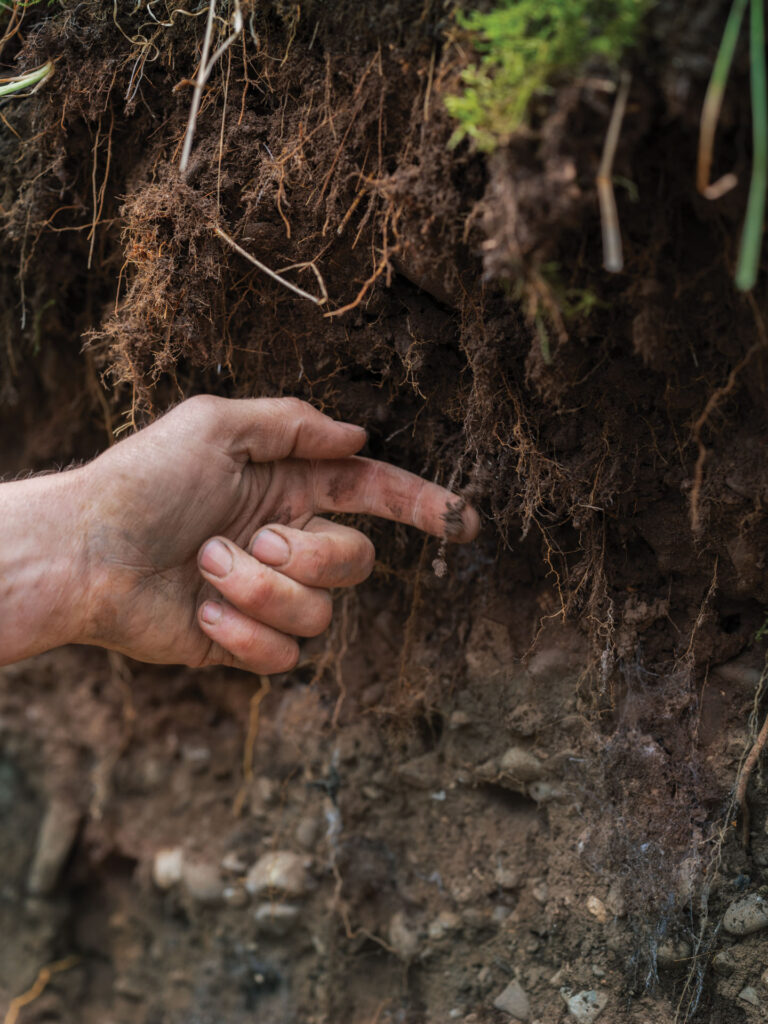
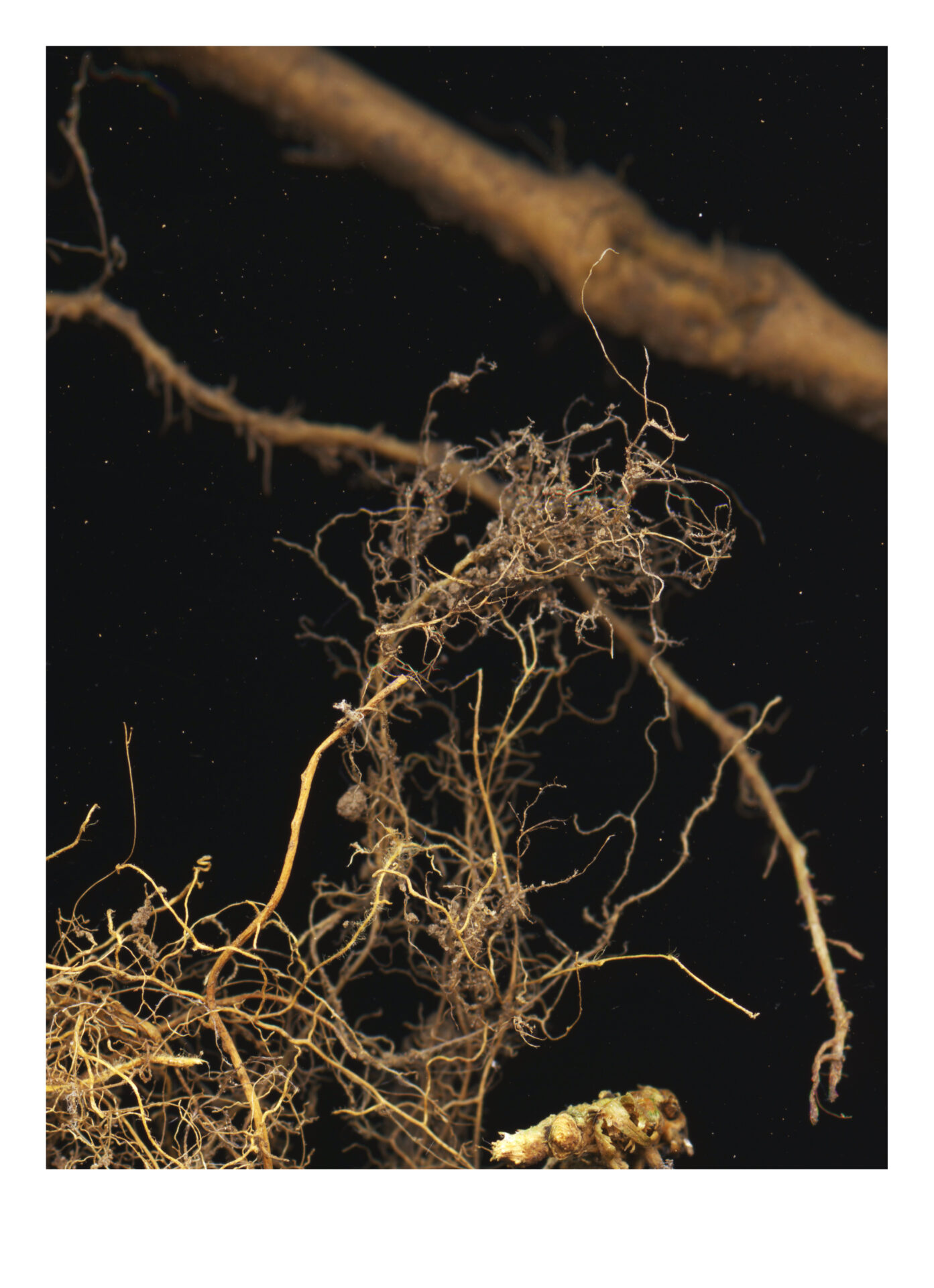
“We used to spend about £20,000 on fertiliser each year and now we are down to about £2,000 or £3,000. We’ve cut out all fungicides and pesticides for the last 7 years and haven’t used a plough for 12 years. I’m yet to see any negatives”
Lowering his use of chemicals has had hugely positive outcomes for the soil, and in turn the crops, livestock, and wildlife, on Stu’s farm.
“One of the main things I really like about this whole regenerative side of farming is that everyone has a different reason for doing it but it doesn’t really matter what your reason is because everything else is going to come with it.”
“What can farmers do to make a difference? I say just be more open. And that’s open to learning – different ways of farming and different production methods – but it’s also being more open to the public’s way of thinking. We need to break down those barriers and if that’s through photography or poetry, that is fantastic. And if that’s a way that makes people look and think about the way food is produced, differently, then that’s brill.”
James Robinson, Farmer

James Robinson’s love for the flora and fauna he shares his land with has inspired the ways of his nature-friendly farm in Cumbria. From laying biodiverse hedgerow corridors for bats to supporting a thriving otter population, James’ thoughtful interventions are part of the everyday functioning of the farm.
“Agricultural students on visits to the farm sometimes say to me ‘I don’t want to do this, I just want to farm’. They don’t see that as farming; they only see working with cattle and driving a tractor as farming. So we really need to change people’s minds that farming is everything. It’s the soil, it’s the water, it’s the raising of cattle, the growing of crops, it’s everything. The more agricultural students we can get out onto progressive, regenerative farms, the better”
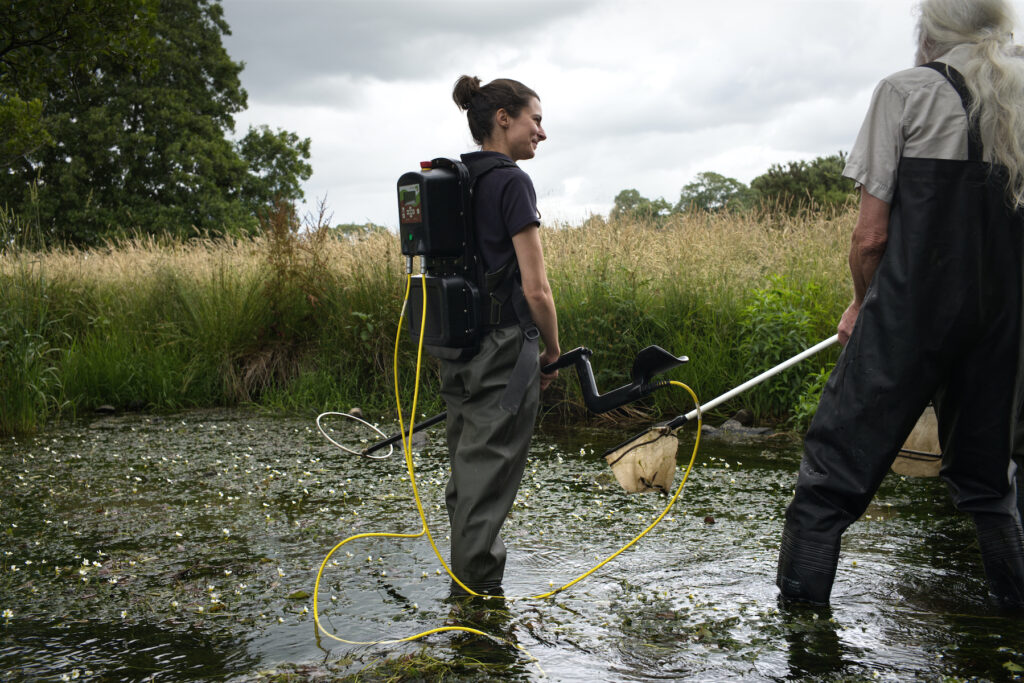
“Start today because tomorrow is too late”
James is supporting others to move away from conventional farming practices, hosting regular farm visits alongside his role as Chair of the Nature Friendly Farming Network for England.
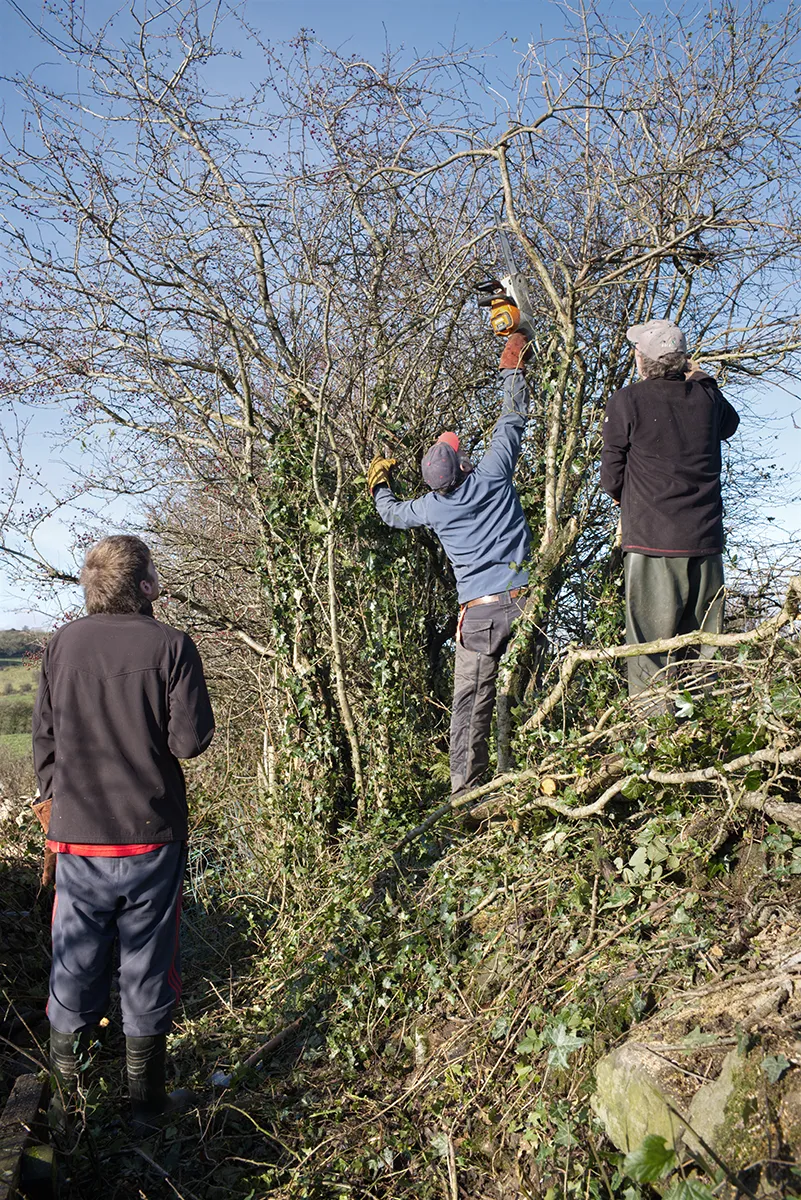
“The livestock we’ve got are appropriate for the land we’ve got and they are tools for managing the land for biodiversity”
Sue Seymour
Just the other side of Hadrian’s wall, Sue Seymour’s farm lies within Northumberland National Park. She makes use of the Countryside Stewardship Scheme, bringing her financial security in return for building environmental resilience.

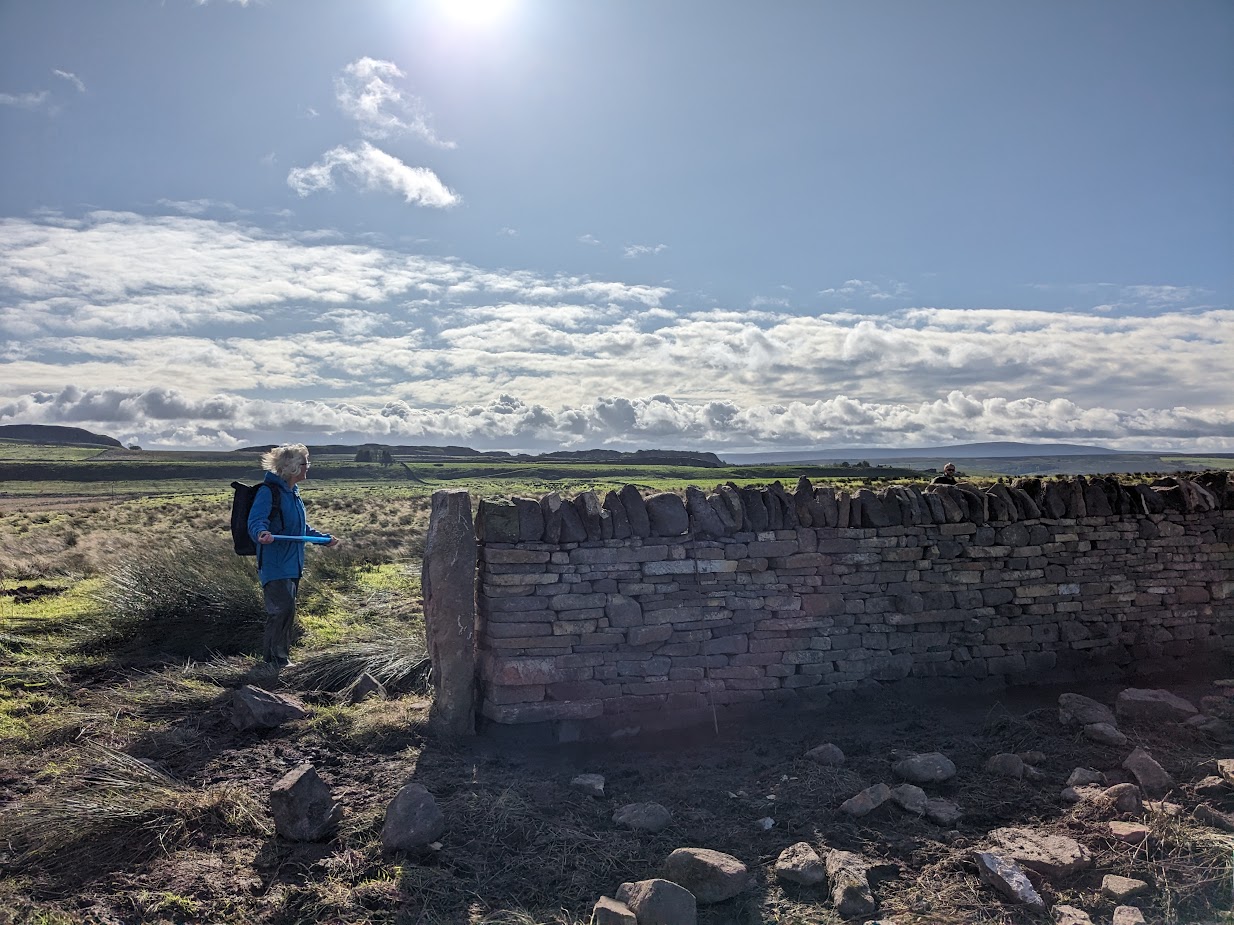
“Communication is the most important thing and communication through arts, through poetry, is just a different form of communication. You reach more people, and you have more interesting exchanges, by using all the possible methods”
Sue Seymour
The topic of this Regenerative Conversation returned time and again to the need for more examples of successful regenerative farming in practice. There was a shared feeling that addressing the disconnect between policy makers, lenders, and lecturers with acgroecological knowledge on primary food production was a needed next step on the path to a future-proof food system in the UK.
Discussions like this, taking place alongside ‘on-the-fence’ farmers, are so valuable in informing how campaigns like We Feed The UK can support a wider regnerative farming movement to grow.
“If we have real life case studies – of the numbers, of the changes overtime – then we’ve got a chance of persuading the farm business lecturers and the people who manage the accounts in the banks”
– Audience member
Johannah Churchill‘s exhibition ‘Unearthed‘, focusing on Stuart’s work on soil restoration is on display at The Sill until 12 January 2025. You can also visit Johannes Pretorius’ exhibition in Cumbria until February 2025.


